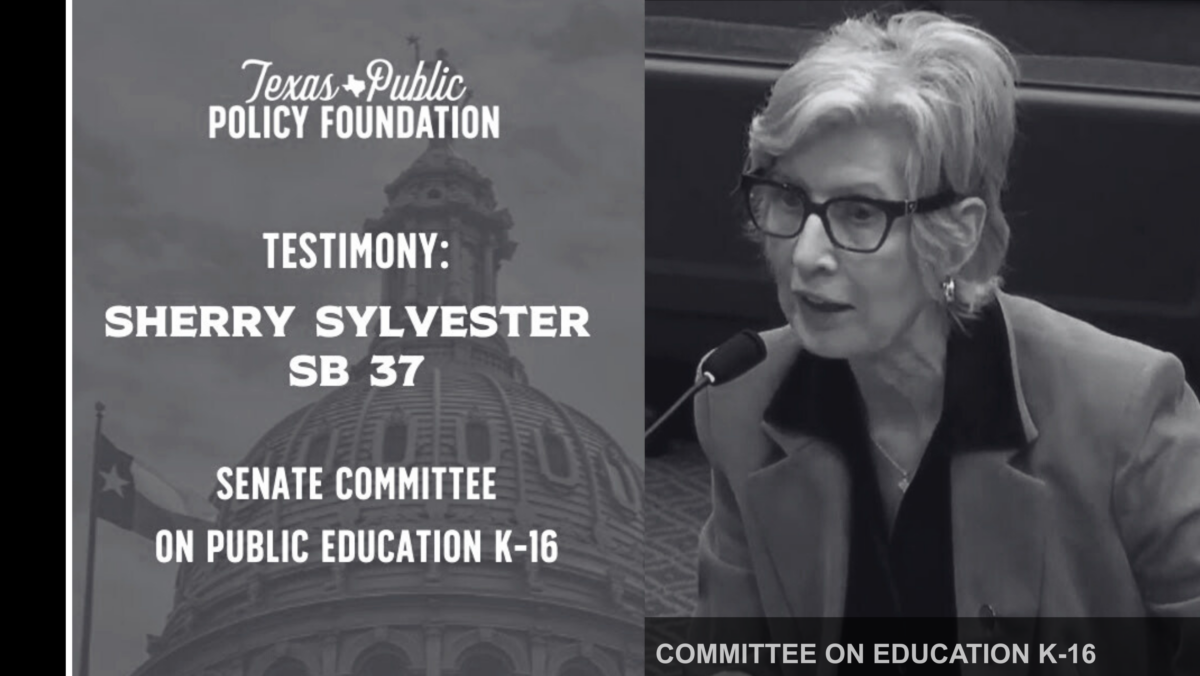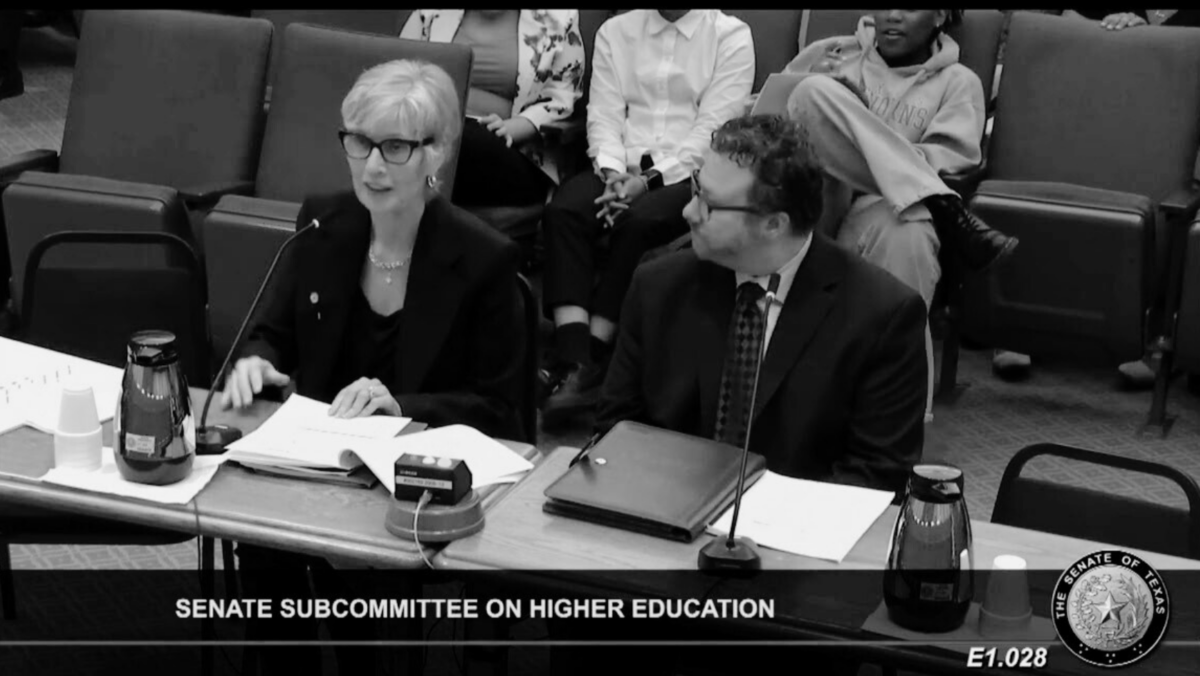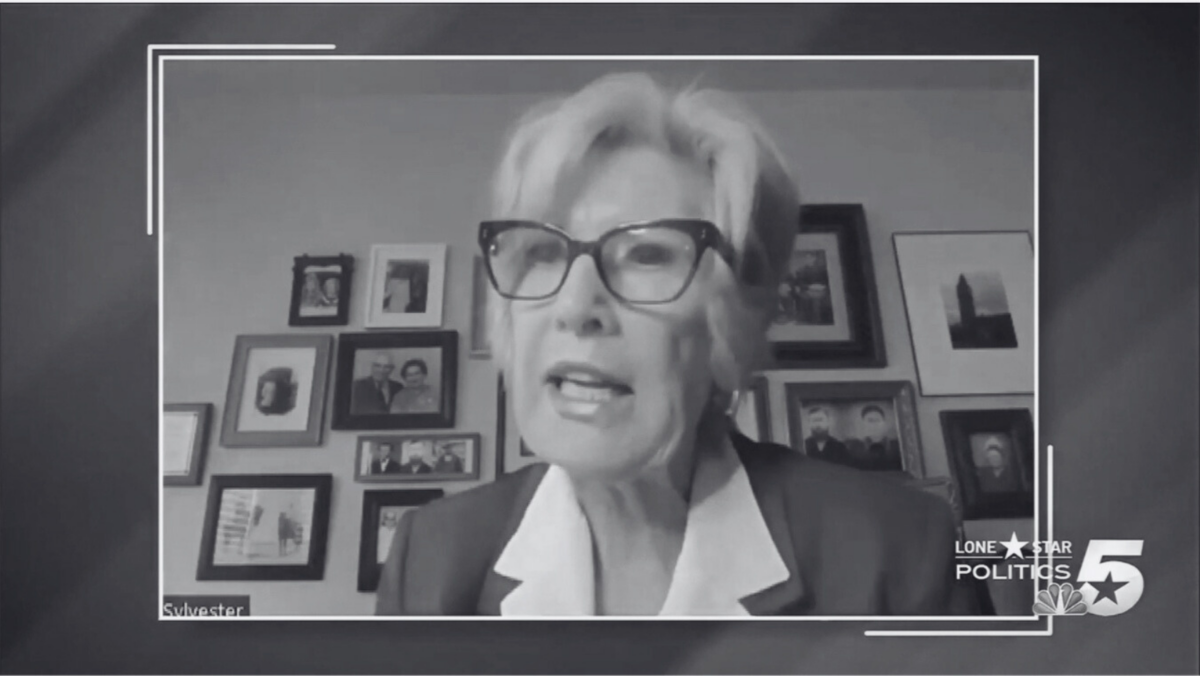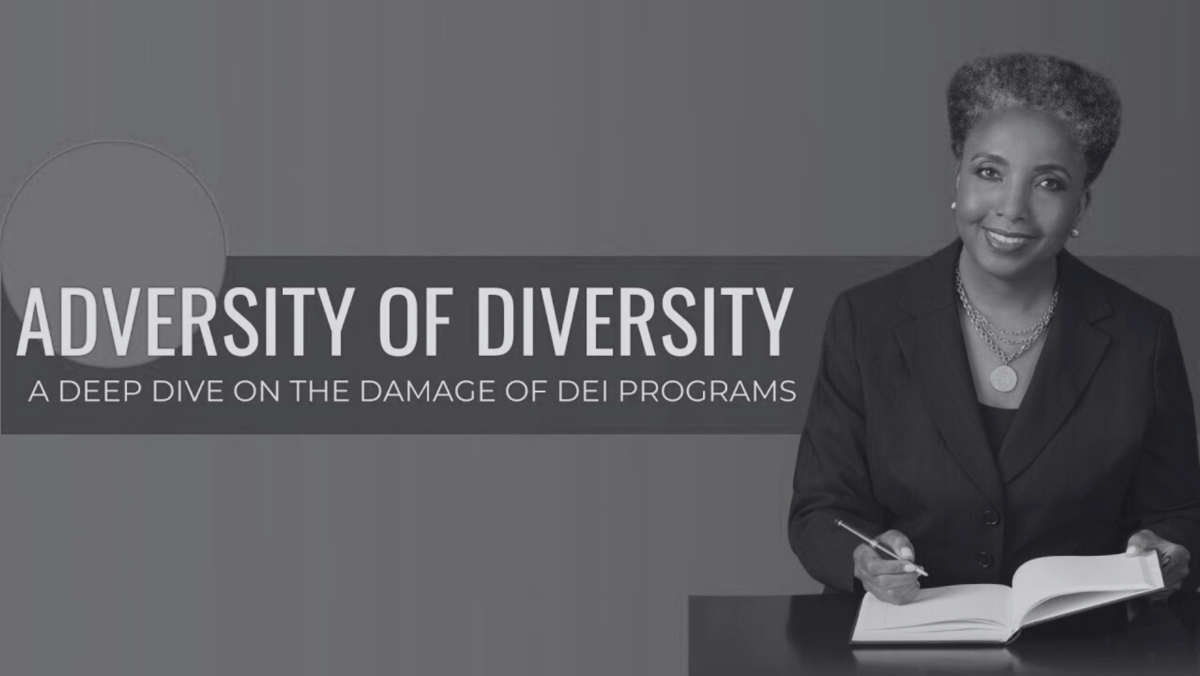A number of respected higher education reform leaders, led by the Manhattan Institute, recently issued a statement detailing everything that is wrong with colleges and universities today. Recounting the results of a couple of decades of institutional blight, the comprehensive list names identity politics, DEI, divisive racial quotas, and demonizing the values of Western civilization as the root of campus problems. The higher ed reformers also point to the creation of a dominant leftist ideological culture, which drives every aspect of campus life and systematically discourages open inquiry, debate, and learning.
The Manhattan Institute academics have asked President Donald Trump to draft a new contract with universities that will pull all federal funds—grants, payments, and student loans—from universities if they do not reverse course.
It is a good proposal. President Trump has already made significant headway in higher education reform, eliminating DEI and race-based admissions and hiring, as well as demanding that universities rein in anti-Semitism. Focusing on the most visible and belligerent offenders—elite private universities—the president’s leadership is a powerful force in the war to make our universities great again.
Texas is also fighting that war, and has scored several victories in the last two legislative sessions. Thanks to statewide leadership, particularly that of Texas Lt. Gov. Dan Patrick, who has made higher education reform a priority, the most comprehensive anti-DEI legislation in the country was passed here in 2023. And in the 2025 legislative session, groundbreaking university governance reform legislation also passed.
Senate Bill 17 banned DEI offices on every state university campus in one fell swoop. It mandated the closing of every DEI office on campus and outlawed any mandatory DEI training. It also ended the requirement that anyone be forced to sign a statement pledging adherence to DEI before they could be considered for a job (that was actually a thing).
Gov. Greg Abbott signed the law, which echoed his executive order specifying that merit was the only criterion that could be used to hire anyone on a Texas campus or admit any student. Abbott has also made sure that everyone he appoints as a regent to any of the state’s seven flagship universities is committed to ending DEI.
For the record, some national activists have tried to claim the credit for these reforms, but they came about entirely because of the vision and commitment of Texas statewide leaders, the persistence of the higher education advocates including the Texas Public Policy Foundation, and the demand by Texas taxpayers to stop spending taxpayer dollars on woke programs that were not helping their children succeed in the global marketplace. Other states have written anti-DEI laws, but the success in Texas is due to the vigilant oversight structure built into the legislation.
Immediately after the DEI legislation passed, DEI officers and faculty in Texas repeatedly told the media they would resist complying with the law. In the months following the bill’s enactment, many campuses did what most observers predicted they would do—they changed the names of their DEI offices—the “Office of Community Engagement” was popular, so was “Office of Belonging,” and they often retained the same staff, who continued to execute DEI policies and programs.
Fortunately, lawmakers had built legislative monitoring into the bill, and state Sen. Brandon Creighton, R-Conroe, the bill’s author, made it clear that passing a law to get rid of DEI on Texas campuses was not a suggestion.
Just months after the law went into effect, every university president was summoned to the Capitol to update lawmakers on their progress in getting rid of DEI. They were asked about the superficial name changes and DEI programs that were still listed in university materials. With the support of the lieutenant governor, university leaders were reminded that their failure to comply with the law would result in loss of funding.
Shortly after the first hearings, hundreds of DEI jobs were eliminated on Texas campuses, and projects that divided students and faculty by their racial, ethnic, or gender identity, instead of the merits of their achievements, were gone.
On-going reports and hearings continue to be required by the Texas Legislature and the Texas’ Higher Education Coordinating Board to ensure no public university backslides on DEI.
DEI administrators and faculty tried another pushback strategy, insisting that accreditors would not allow the reforms, but that issue was addressed in Texas too. In 2025, building on TFFP’s seminal research into the negative educational impact of accrediting agencies, TPPF was successful in helping lawmakers pass reforms that will give universities the option to select new, non-ideological accreditors. Importantly, no accreditor can require any university to violate Texas law.
TPPF has also successfully championed a variety of education reforms built around performance-based outcomes, another key to transformational change in higher education. The educational success of every student is the primary goal, along with attention to ensuring a solid return on their investment.
Throughout the debate over higher education reform in Texas, some administrators and professors have predicted that Texas’ anti-DEI legislation, as well as the new governance and faculty senate reforms, will cause professors to leave, and dissuade people from coming to Texas to replace them, but no exodus has ensued, and job applications on every campus are voluminous.
Senate Bill 37, another priority of Lt. Gov. Patrick that was signed by Gov. Abbott in June, includes more ground-breaking reforms that bolster the role of the regents who are appointed by the governor to run the universities. SB 37 eliminates the intrusion of faculty councils and senates into the administration of academic institutions and returns the direct responsibility for the hiring of university leadership, as well as oversite of the general education curriculum to the boards. Regents and trustees come from outside academia for a reason. Their real-world experience and insight is critical in ensuring every course of study will prepare graduates to prosper wherever they want to work in the global economy.
The urgency to review the general education curriculum was apparent after university catalogs revealed hundreds of DEI-based classes being taught on Texas campuses—the University of Texas at Austin had over 400 courses with the term “gender” in the course title—even though they were rarely related to skills needed to graduate.
Texans share the commitment of the authors of the Manhattan Statement on Higher Education Reform to “push back the forces of radicalism and create the space for real knowledge.” It is a tough challenge, but Texas state leaders have learned that it is not impossible if you pass comprehensive laws and closely monitor compliance, break up accreditation cartels, focus on performance-based outcomes for students and make sure the regents and trustees who are charged with running universities are empowered to do so—overseeing the education of those who will become the next “guardians of our Republic.”
Sherry Sylvester is a Distinguished Senior Fellow at the Texas Public Policy Foundation and the former senior advisor to Texas. Lt. Gov. Dan Patrick.









